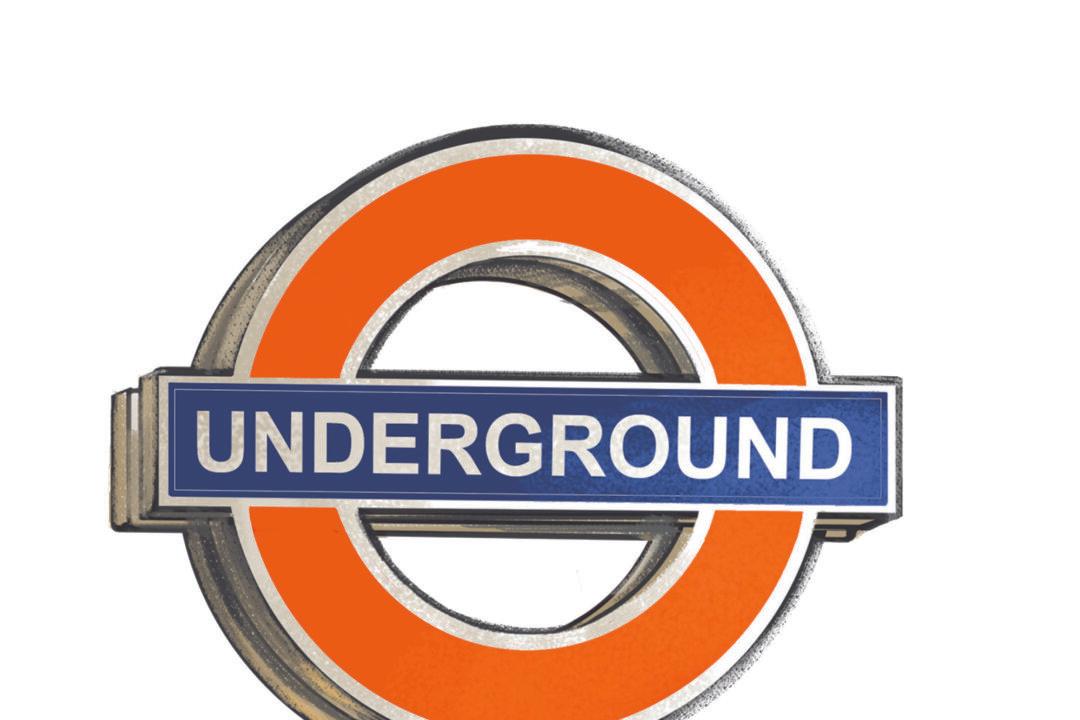BIRMINGHAM, England—The words “ladies and gentlemen” have survived eight centuries of British obsession with class, breeding, and manners. Now, however, they have been deemed too discriminatory for the 150-year-old London Underground.
It’s not because “lady” and “gentleman” once referred to the bourgeoisie nobility and landowning classes of the 12th century. Nor because they echo back to the days when Victorians argued over whether gentlemen or ladies were born or bred, and when a gentleman’s behavior was defined by his deportment toward the “weaker sex.”
In place of “ladies and gentlemen,” public announcements on the underground will now start with terms such as “good morning, everyone” to avoid offending those who do not wish to be greeted as either sex.
Mark Evers, director of customer strategy at Transport for London (TfL), said in a statement: “We want everyone to feel welcome on our transport network. We have reviewed the language that we use in announcements and elsewhere and will make sure that it is fully inclusive, reflecting the great diversity of London.”






